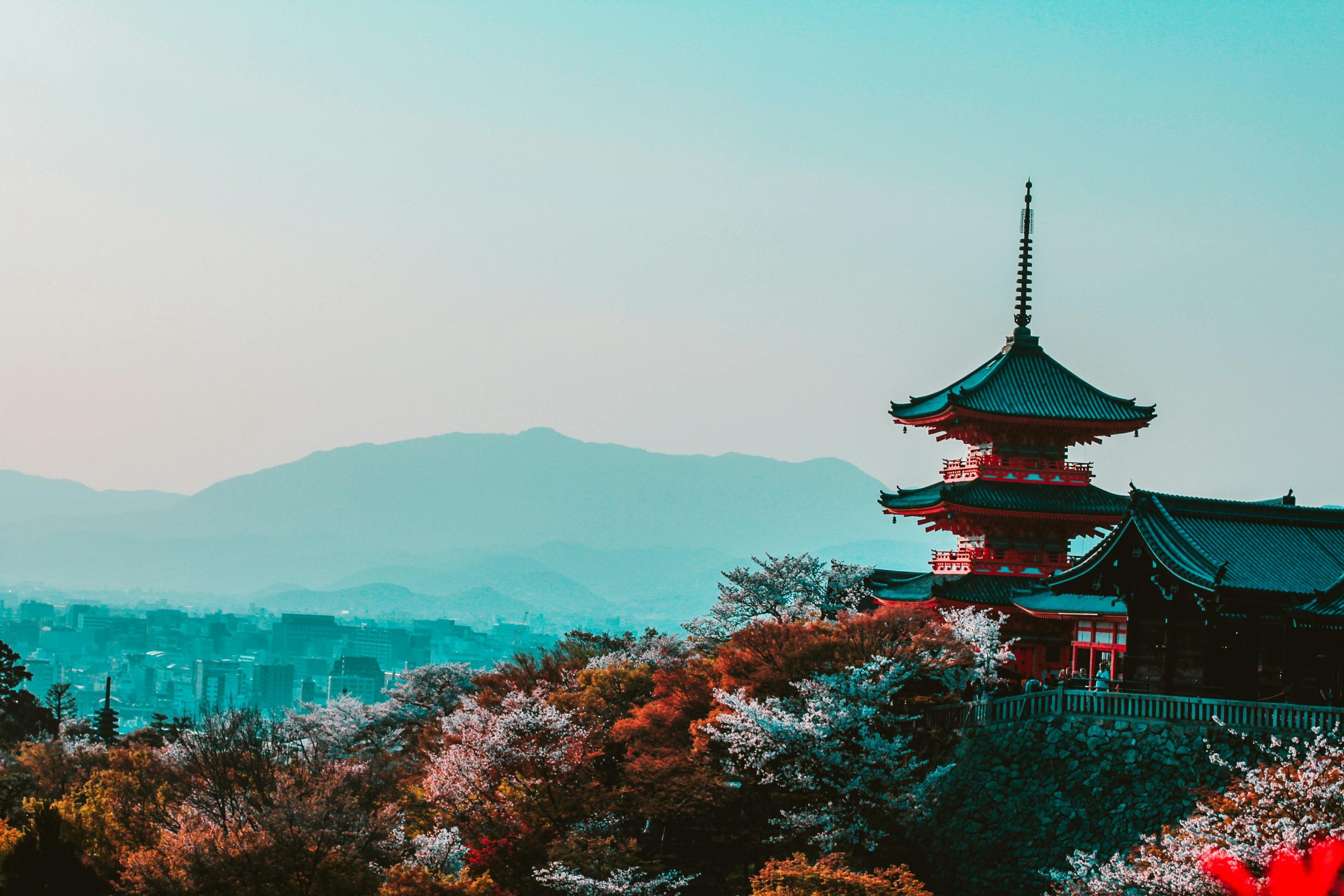Have you ever wondered why Japanese hospitality feels so profoundly different from service elsewhere? The meaning of omotenashi goes far beyond conventional customer service—it represents a philosophical approach to human connection rooted in centuries of Japanese tradition. According to the Japan National Tourism Organization’s 2025 survey, 94% of international visitors cite authentic omotenashi experiences as their primary reason for return visits to Japan.
The Cultural Roots and Historical Origins
The concept of omotenashi emerged from Japan’s feudal era, deeply rooted in the Buddhist principle of selfless service and the Shinto belief in honoring guests as divine beings. This philosophy transcended social classes, becoming embedded in Japanese society through centuries of careful cultivation and practice.
Also read : Experience the enchantment of art at borghese gallery today
The tea ceremony, or chanoyu, played a pivotal role in shaping omotenashi during the 16th century. Master Sen no Rikyū elevated hospitality to an art form, emphasizing anticipation of guests’ needs without expectation of reward. Every gesture, from the arrangement of flowers to the temperature of water, reflected this mindful attention to detail.
Traditional Japanese inns, known as ryokan, became living laboratories for omotenashi principles. Innkeepers studied their guests’ preferences, prepared personalized meals, and created environments where visitors felt genuinely cherished. This tradition of invisible service—where staff anticipated needs before they were expressed—became the hallmark of authentic Japanese hospitality.
In parallel : Immersion in avignon: learn french through culture and conversation
The Meiji Restoration period saw omotenashi evolve beyond private settings into commercial practices, laying the foundation for Japan’s modern service culture that continues to inspire hospitality industries worldwide today.
Core Principles That Define This Philosophy
L’omotenashi repose sur cinq piliers fondamentaux qui transforment chaque interaction en une expérience mémorable. Ces principes, transmis de génération en génération, façonnent une approche unique du service et des relations humaines.
- Makoto (sincérité) : L’authenticité guide chaque geste. Dans un ryokan traditionnel, le personnel se souvient spontanément des préférences de thé d’un invité, sans consulter de notes.
- Anticipation des besoins : Devancer les attentes sans attendre la demande. Les employés d’hôtel japonais remarquent discrètement si un client semble fatigué et ajustent naturellement l’éclairage de sa chambre.
- Humilité (kenkyo) : Servir sans jamais chercher la reconnaissance. Cette modestie sincère crée une atmosphère apaisante où l’invité se sent valorisé.
- Attention aux détails : Chaque élément compte, du pliage parfait des serviettes à la température idéale du thé. Cette précision révèle un respect profond pour l’autre.
- Service désintéressé : Offrir sans attendre de retour, créant une générosité authentique qui touche au cœur de l’hospitalité japonaise.
How It Differs from Western Customer Service
The fundamental difference between omotenashi and Western customer service lies in intrinsic motivation. While Western service often operates on transactional principles—providing good service to earn tips, secure repeat business, or meet performance metrics—omotenashi stems from a genuine desire to create harmony and comfort for others.
Western customer service typically follows structured protocols and scripts designed to solve problems efficiently. Omotenashi, however, embraces a holistic approach that considers the guest’s entire experience, including emotions they haven’t yet expressed. Japanese service providers anticipate needs before they arise, creating seamless experiences that feel almost magical to recipients.
Perhaps most significantly, omotenashi carries no expectation of reward or recognition. The act of serving others is considered spiritually fulfilling in itself, rooted in Buddhist and Shinto principles of selflessness. This creates a profound authenticity that guests immediately sense—the difference between someone helping because they must versus someone helping because they genuinely care about your well-being.
This spiritual dimension transforms service from a business transaction into an art form, where every interaction becomes an opportunity to demonstrate respect and create meaningful human connection.
Real-World Applications in Modern Settings
L’omotenashi trouve aujourd’hui sa place dans de nombreux secteurs, transformant l’approche traditionnelle du service client. Dans l’hôtellerie de luxe, des établissements comme le Ritz-Carlton ont adopté cette philosophie en formant leurs équipes à anticiper les besoins non exprimés des clients. Un exemple frappant est celui d’un concierge qui, remarquant qu’un client toussait légèrement, lui fait livrer discrètement des pastilles pour la gorge dans sa chambre, sans que ce dernier n’ait rien demandé.
La restauration gastronomique applique également ces principes. Des chefs étoilés observent les préférences alimentaires de leurs convives pendant le repas, ajustant subtilement les plats suivants en conséquence. Cette attention minutieuse va bien au-delà du simple service : elle crée une expérience mémorable basée sur l’empathie.
Dans le commerce de détail, certaines boutiques de mode haut de gamme forment leurs vendeurs à déceler les goûts esthétiques des clients grâce à des détails subtils. Cette approche permet de proposer des articles parfaitement adaptés, créant une relation de confiance durable et authentique.
Implementing These Values in Your Daily Life
Transforming the principles of omotenashi into daily practice begins with mindful awareness of others’ needs before they’re expressed. Start your morning by considering how you can anticipate and serve those around you—colleagues, family members, or even strangers you’ll encounter throughout the day.
In professional settings, practice the art of silent observation. Notice when someone struggles with technology, appears overwhelmed, or seems lost in your office space. Rather than waiting to be asked, offer assistance proactively. This mirrors the Japanese approach of addressing needs before they become requests.
Apply the principle of continuous improvement by reflecting each evening on your interactions. Consider moments when you could have been more attentive or helpful. This self-reflection, similar to the Japanese concept of kaizen, helps develop genuine empathy and service excellence over time.
The beauty of omotenashi lies in its authentic simplicity. Small gestures like remembering someone’s preferred coffee order, holding doors open with genuine warmth, or offering your full attention during conversations can transform ordinary interactions into meaningful connections that embody this timeless Japanese philosophy.











